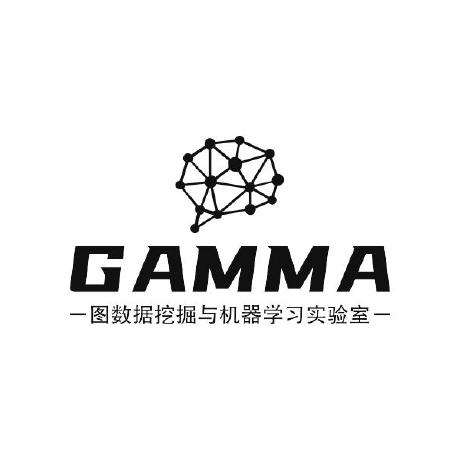Discover and explore top open-source AI tools and projects—updated daily.
Awesome-GFlowNets by  zdhNarsil
zdhNarsil
Curated list of resources about generative flow networks (GFlowNets)
Top 61.9% on SourcePulse
This repository is a curated list of resources on Generative Flow Networks (GFlowNets), a class of generative models that learn to generate discrete or continuous data by learning a policy over a sequence of actions. It serves as a comprehensive reference for researchers and practitioners interested in this emerging area of generative AI, providing access to foundational papers, recent advancements, and practical implementations.
How It Works
GFlowNets frame data generation as a sequential decision-making process, learning a policy to traverse a state space and generate valid data samples. This approach allows for efficient exploration of complex data distributions and can incorporate reward signals for guided generation, making them suitable for tasks like molecular design, combinatorial optimization, and scientific discovery. The core idea is to learn a flow-matching objective that balances forward and backward transitions in a graph, enabling amortized inference and efficient sampling.
Quick Start & Requirements
This repository is a collection of links to papers and code, not a runnable library. To use the GFlowNet implementations, refer to the individual code repositories linked within the README. Requirements vary per implementation but generally include Python, deep learning frameworks (PyTorch, TensorFlow), and potentially specialized hardware like GPUs for training.
Highlighted Details
- Comprehensive coverage of GFlowNet research from foundational papers to recent ICLR, ICML, and NeurIPS publications.
- Includes links to practical Colab notebooks and code repositories for various GFlowNet implementations.
- Highlights applications in diverse fields such as AI-driven scientific discovery, molecular optimization, and causal inference.
- Features theoretical frameworks, practical tutorials, and specific advancements like continuous space GFlowNets and GFlowNets for LLMs.
Maintenance & Community
The list is curated by zdhNarsil and contributions are welcomed via suggestions to dinghuai.zhang@mila.quebec. The rapid pace of GFlowNet research suggests active development in the field.
Licensing & Compatibility
This repository itself is a list of links and does not have a specific license. The licenses of the linked papers and code repositories vary and must be checked individually. Compatibility for commercial use or closed-source linking depends entirely on the licenses of the individual projects referenced.
Limitations & Caveats
This is a curated list, not a unified framework. Users must navigate to individual linked projects for code execution, setup, and specific licensing terms. The field is rapidly evolving, with new techniques and potential breaking changes appearing frequently in the cited research.
1 year ago
1+ week

 dongzhuoyao
dongzhuoyao alexhernandezgarcia
alexhernandezgarcia BUPT-GAMMA
BUPT-GAMMA jackguagua
jackguagua sjhwang82
sjhwang82 SPFlow
SPFlow avkash
avkash PrimeIntellect-ai
PrimeIntellect-ai huawei-noah
huawei-noah fchollet
fchollet roboticcam
roboticcam yunjey
yunjey